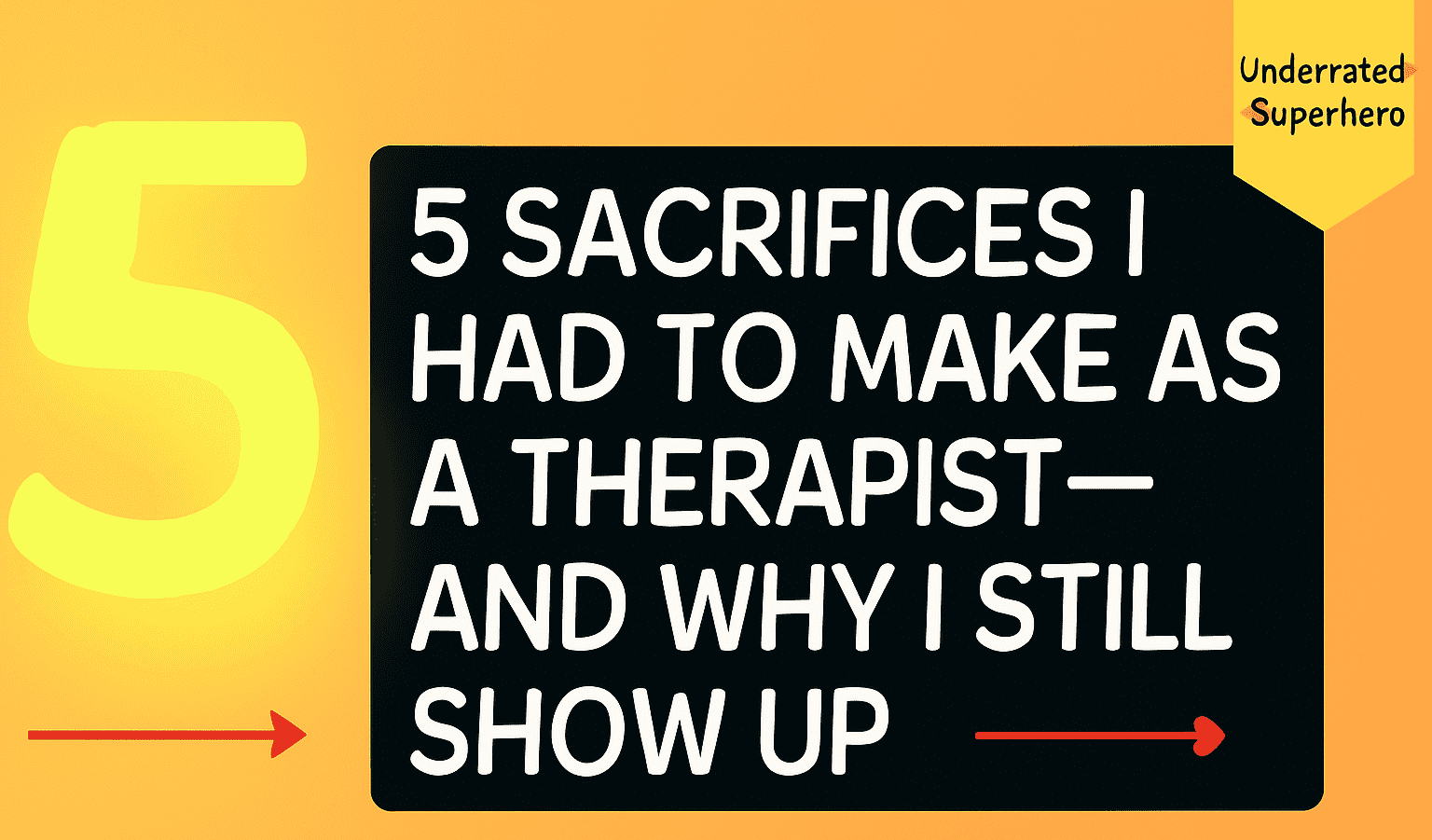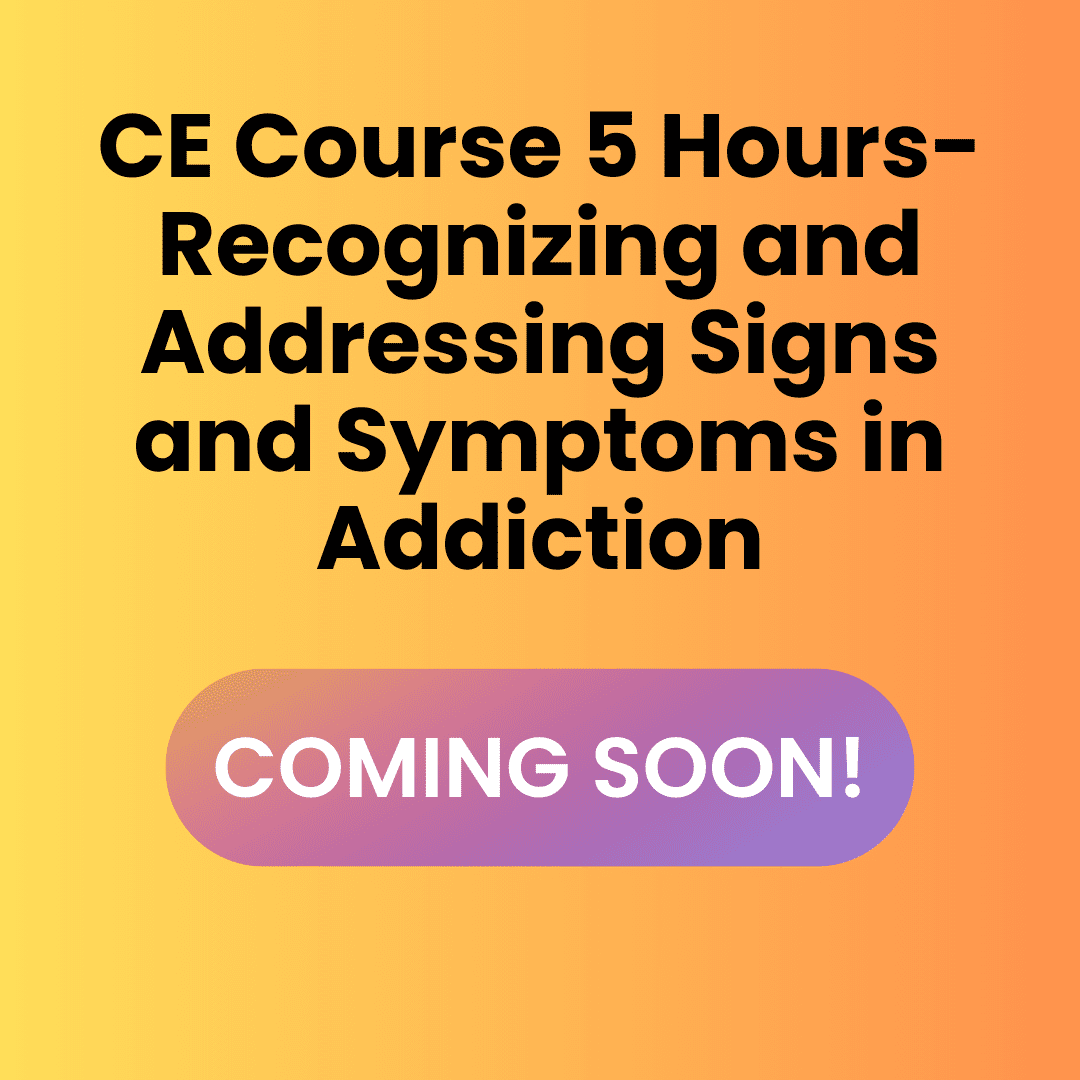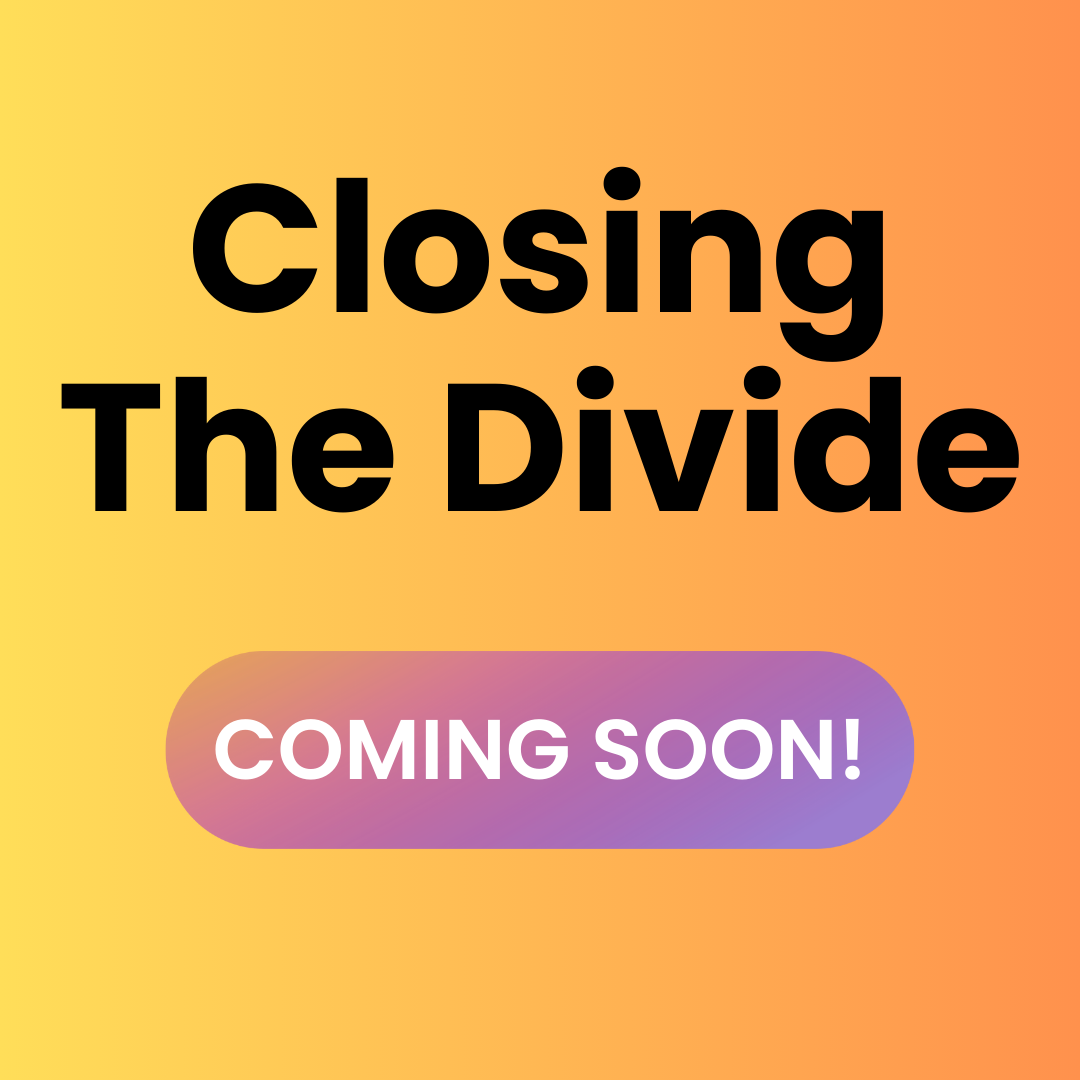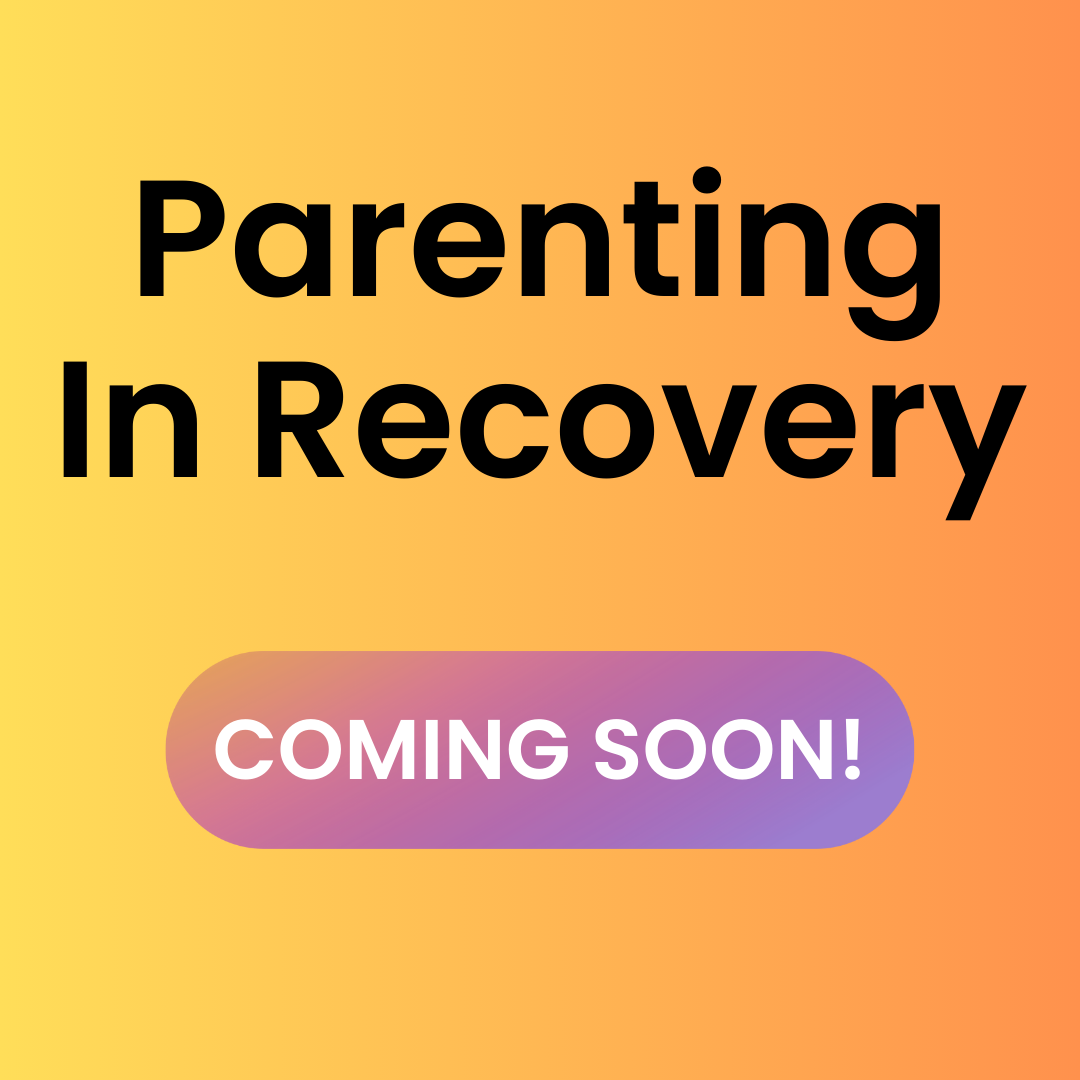The truth behind the quiet costs of showing up for others—day after day
Therapist burnout is real. It’s the quiet cost of showing up for others—day after day—while carrying stories, struggles, and emotions that most people never see.
If you believed everything you saw on TV, you’d think therapists are either breaking every ethical boundary imaginable, sleeping with clients, disclosing their own traumas to a near-stranger, or completely incompetent.
We’re either the all-knowing sage who delivers a life-changing revelation in a single session or the bumbling idiot who gets manipulated by every client.
There’s no in-between.
But the reality? The reality is raw. It’s relentless. It’s showing up for others when you have nothing left. It’s making sacrifices that no one sees. It’s carrying the weight of stories that don’t have happy endings.
And yet, despite it all, we still show up.
Over the years, I’ve made sacrifices, ones I never fully understood when I first stepped into this field. Some days, I carry them with pride. Other days, they feel like a burden I never asked for. But either way, they’re the price of being the person people turn to when everything falls apart.
Some days, their stories feel like a privilege to hold. Other days, they weigh heavier than I expected.
#1: Due to Therapist Burnout, I’m Not the Same Person I Was Before This Job
Therapy has changed me. Not in some poetic, self-actualized, enlightened way. This shift in perspective can be the first step toward therapist burnout if you’re not careful with boundaries
No, it has rewired how I see the world, how I experience life, how I exist as a human being.
I can’t unsee what I’ve seen.
I used to be able to enjoy true crime, psychological thrillers, gritty dramas. Now, I see the untreated trauma, the missed interventions, the systemic failures that led someone to that breaking point.
I can’t turn my brain off at a party, either. Where other people see a friend oversharing after a few drinks, I see a trauma response. Where someone jokes about being “so OCD” or “acting bipolar, “I feel the weight of the clients who are drowning under those diagnoses.
I don’t live in the world the way I used to. I can’t. And some days, I miss that ignorance.
#2: Imposter Syndrome: The Voice That Never Shuts Up
You’d think after years of education, training, and experience, I’d feel confident in every session.
But the truth? I still have moments where I think: Who the hell let me do this?
Therapists aren’t superheroes. We don’t have a perfect answer that unlocks healing. We’re human. And some days, I leave a session thinking:
– I should have said something different.
– Did I miss something big?
– Did I even help at all?
The weight of people’s lives is on our shoulders, and self-doubt is a shadow that never fully disappears.
Maybe that doubt is what keeps us ethical. It forces us to keep learning, to check ourselves, to stay present. Staying grounded in ethical practice and clear professional boundaries isn’t just about protecting the client—it’s about protecting yourself from burnout too. I’ve learned to live with it. But it still creeps in.
#3: Holding Space for People Who Don’t Get More Time
Some people don’t get to grow old.
That’s a truth I’ve had to learn in this work.
Some clients don’t make it. Gun violence. Overdose. Accidents. Illnesses that were never treated because no one took them seriously.
One day, I’m sitting with them, witnessing their effort. Then suddenly, they’re gone. And I don’t get to stop it. I don’t get to fix it. I don’t get a say in it at all.
I don’t dwell on it. I can’t. This work doesn’t leave space for that. But every so often, I hear a name, see an old file, and I wonder: “I wonder what they would have done with more time.”
It’s not a dramatic grief, but a quiet one. You learn to carry it without letting it weigh you down.
Organizations like SAMHSA provide valuable guidance and resources for clinicians navigating grief, loss, and the emotional impact of client deaths, reminding us that we don’t have to process these moments alone.
#4: Playing in the Shadows: The Job That’s Never Concrete
We don’t get to see the results of our work.
There’s no finished product. No moment where we can step back and say, “Yes, I did that.“
There’s no standing ovation, no round of applause, no clear “win.”
We don’t get to know if the client we worked with five years ago ever found peace. Without tangible ‘wins’ or clear endings, the emotional drain can deepen therapist burnout.
We don’t get validation. And yet, we show up anyway.
Even if we never hear the words “thank you,” we know we made a difference.
#5: Carrying the Guilt of Prioritizing Myself When Experiencing Therapist Burnout
They tell us to set boundaries.
They tell us we can’t pour from an empty cup.
They tell us to practice self-care.
But they don’t tell us how much guilt comes with doing those things.
Because every time I take a vacation, turn off my phone, say no to an extra session, I wonder:
“What if that was the day my client needed me the most?”
There will always be another crisis. Choosing myself feels selfish. But if I don’t, I will burn out. And then I will be no good to anyone.
And Yet, I Still Show Up.
Because despite the weight of it all, despite the sacrifices, despite the exhaustion, I believe in this work.
- I believe in the moments where a client finally sees their own worth.
- I believe in the days when someone chooses sobriety when they don’t have to.
- I believe in the quiet victories no one else will ever see.
Therapist burnout doesn’t happen overnight—it’s the result of years of quiet sacrifices. But with awareness, boundaries, and support, we can keep showing up without losing ourselves.
This job isn’t easy, and it isn’t glamorous. It takes everything from you. But it also gives you something that nothing else can, the knowledge that, even if just for a moment, you made someone feel less alone.
And that? That’s enough. If this resonated with you, share your thoughts. What sacrifices have you made in this field? Let’s talk about it. Let’s name the hard things. Because we all need to know we’re not alone.






